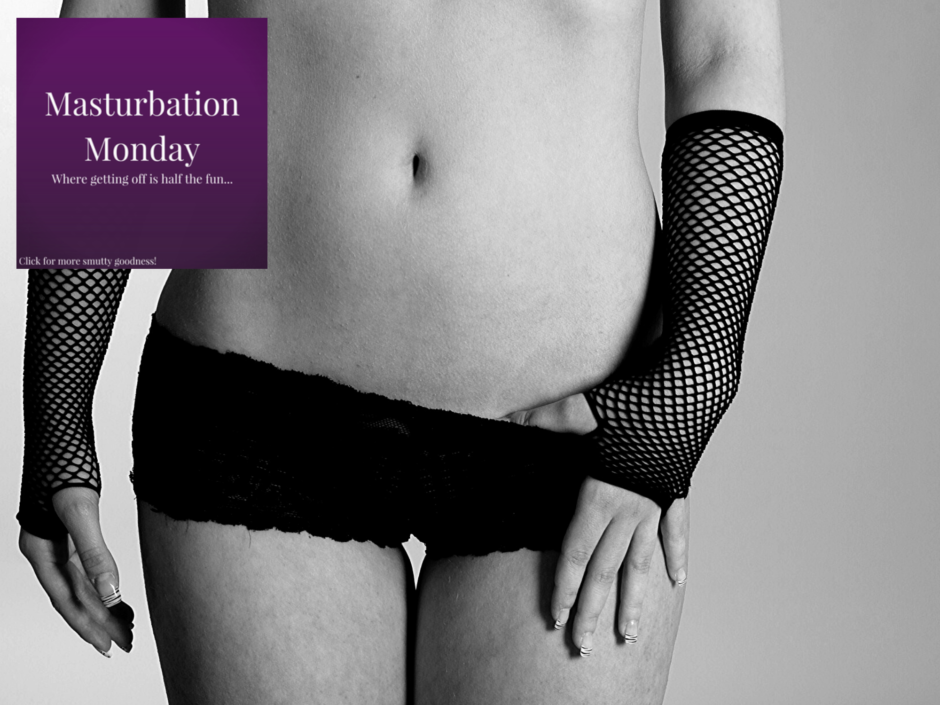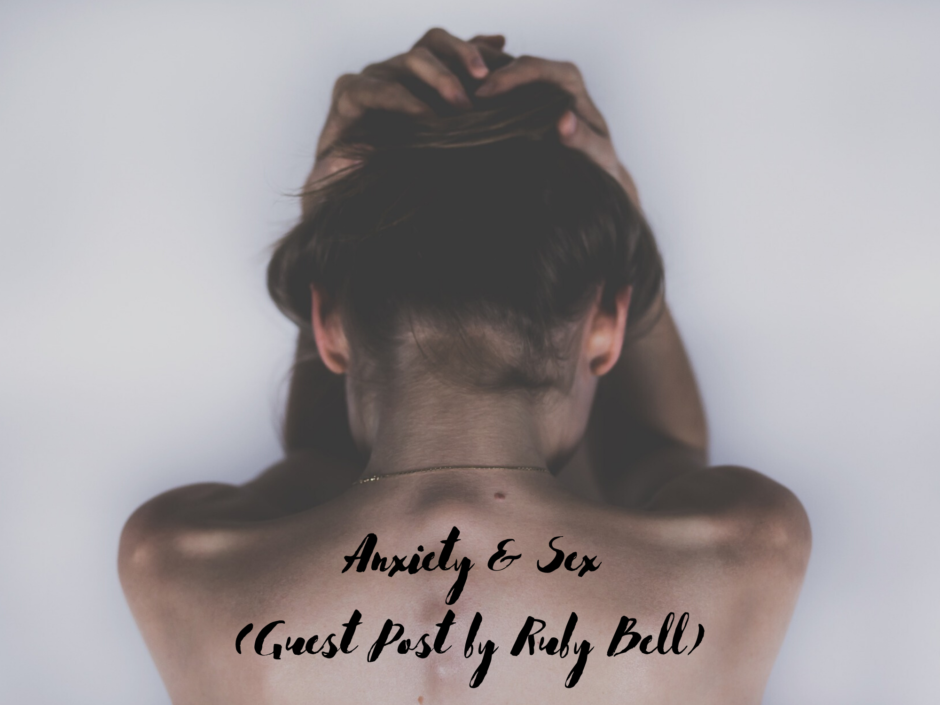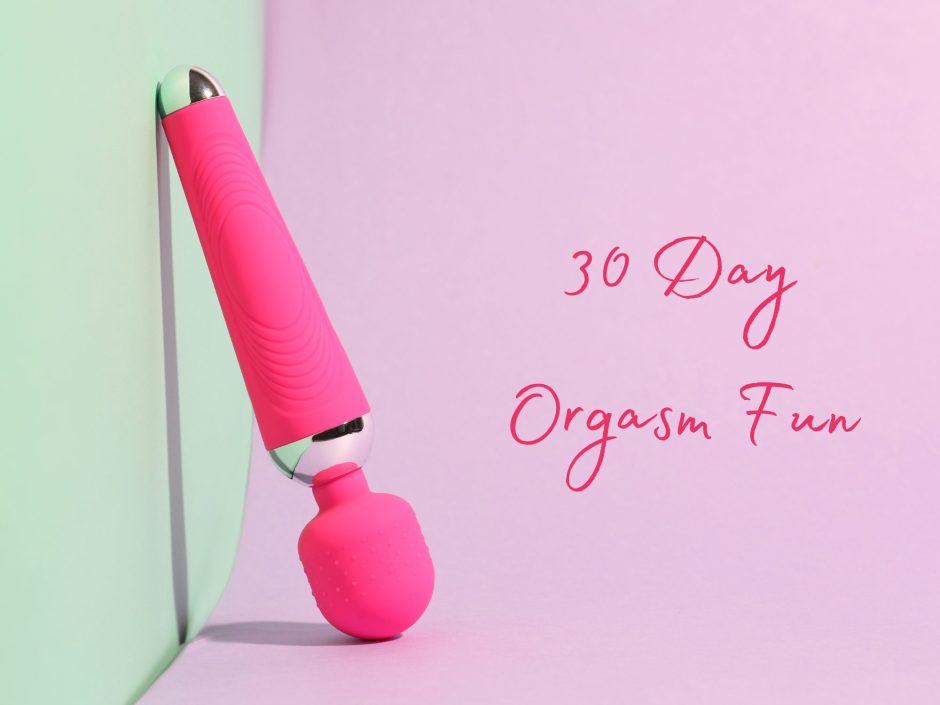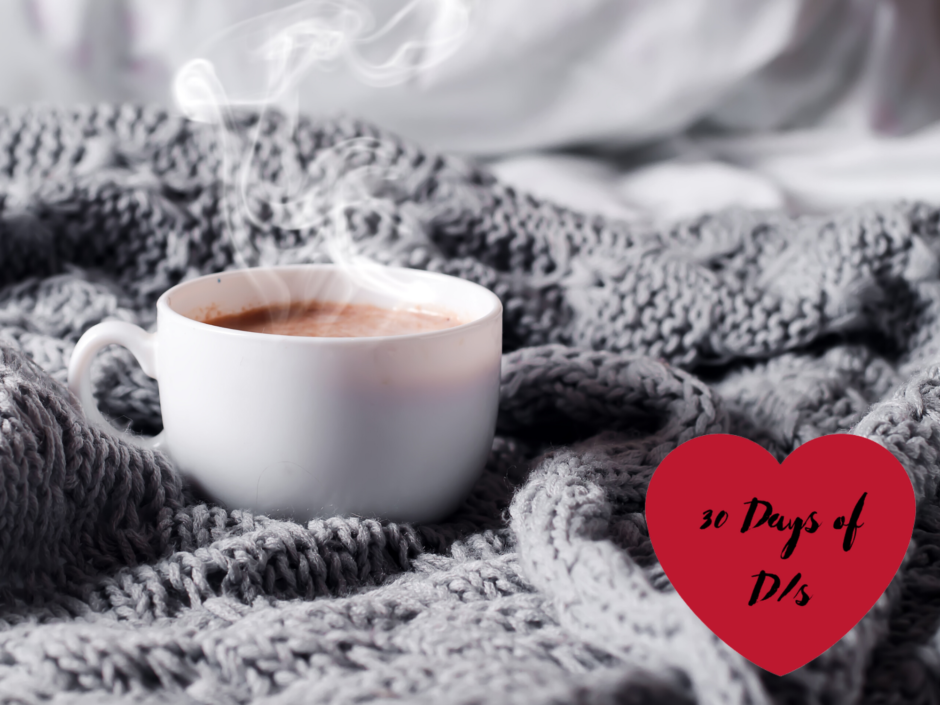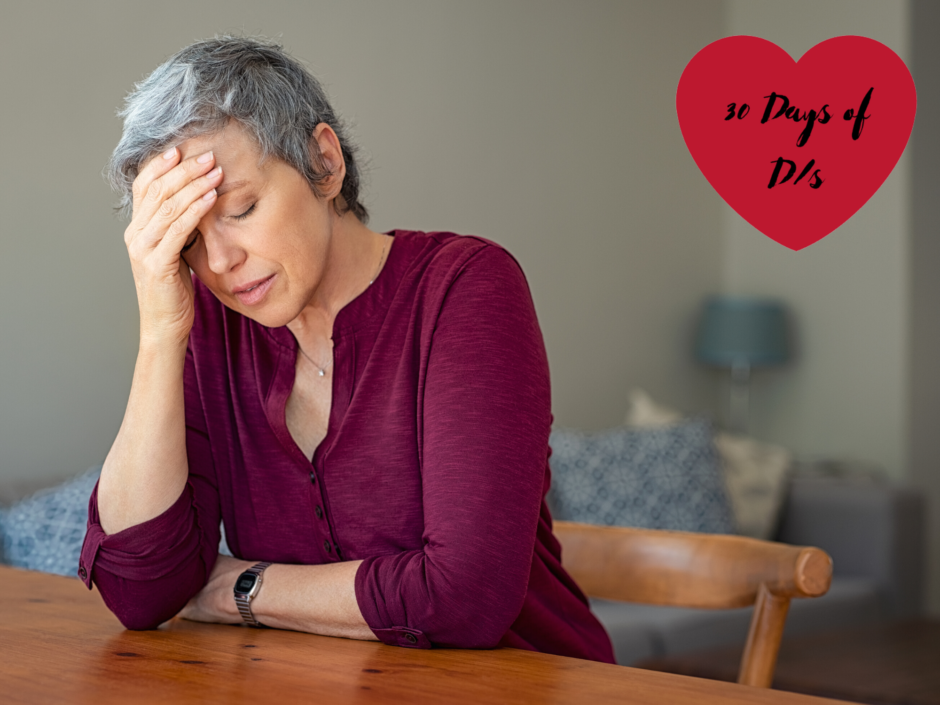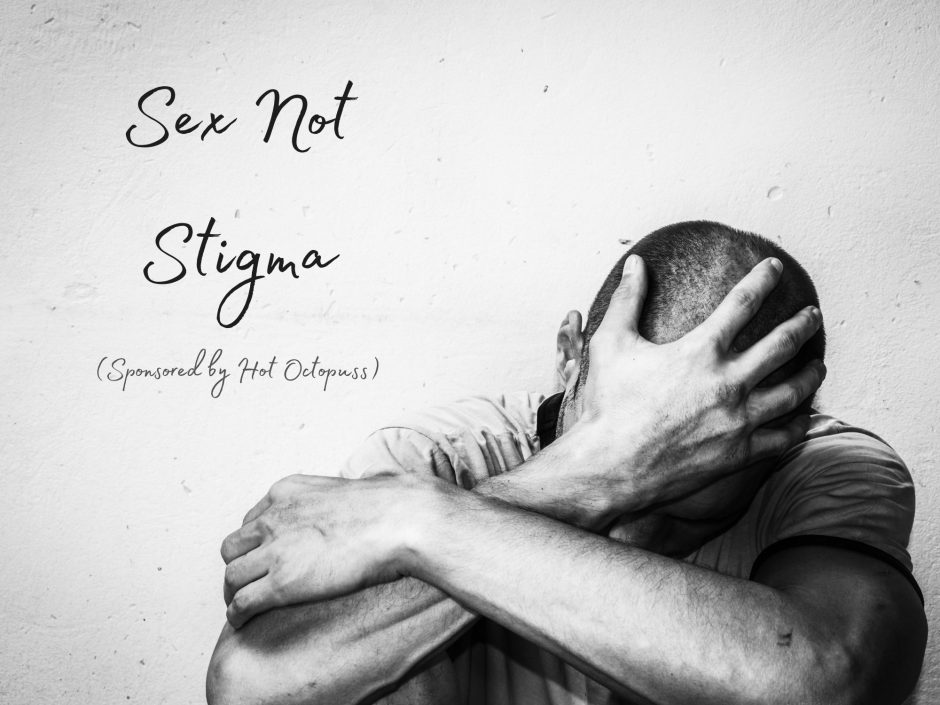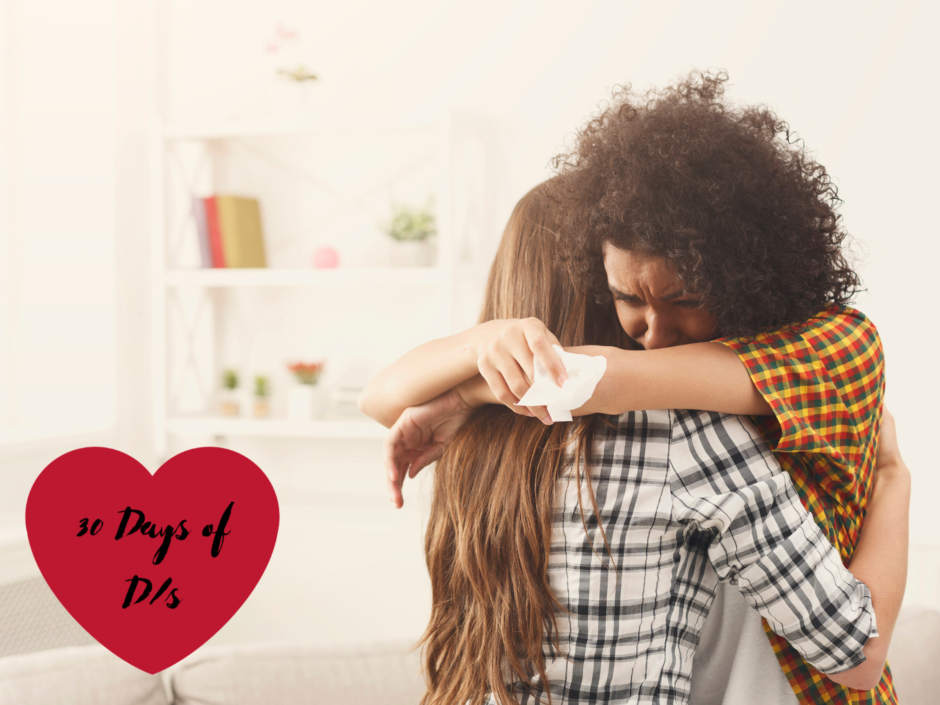I’m trying to embrace the spirit of Masturbation Monday as being for both smutty stories (things that make you want to masturbate) and essays about masturbation. I’ve been thinking a lot lately about good reasons to wank – besides the obvious “because I’m horny” – and have realised they are surprisingly diverse. So here’s five great reasons to masturbate today!
To help you fall asleep
I masturbate before bed probably five or six nights out of seven, on average. If my brain is feeling restless or my body won’t quite shut down but I need to get some sleep, a quick wank is an ideal way to help me doze off. Canadian sexuality therapist Judith Golden explains that ” because blood pressure is lowered and relaxation is increased through the release of endorphins, masturbation is a good sleeping pill.” (Source here.)
For pain relief
Back before I got an IUD, I used to suffer from absolutely debilitating menstrual cramps. They could render me virtually bedridden, unable to go about my normal tasks. Over the years, I learned that orgasm was one of the few things that really helped.
One study from the University of Münster in Germany found that 60% of their participants experienced reduced migraine symptoms as a result of engaging in sexual activity. Stefan Evers, MD, believes that this could also have to do with the endorphins released at the point of orgasm. (Source here.)
There’s much more research to be done, of course, but so far the findings seem to agree that orgasm can have a positive impact on pain levels.
To pick you up if you’re feeling down
I always joke (darkly) that I know I’m depressed if I’m masturbating more often to help me feel alive… and really depressed if I just don’t want to wank at all. Seriously, though, despite outdated nonsense about too much masturbation being bad for our emotional wellbeing, masturbation can be great as a tool for managing mental health. It’s a great self care technique, a way to show yourself some love and affection, and I’ve found that the post-wank haze breaks through the depressive fog like little else.
Phychologist Jennifer Rhodes, PsyD, suggests that “masturbation helps to release dopamine and oxytocin, the feel-good chemicals, which would help with symptoms of anxiety or depression.” (Source: here.)
To turn your partner on or to explore a different kind of sexual intimacy
Let’s get a little sexier, shall we? For many people, masturbating in front of their partner or watching their partner wank is sexy as hell. Masturbating for your partner can help to arouse them and get them in the mood for sexy time with you, as well as giving them vital information about how you’d like to be touched.
Don’t forget that masturbating together doesn’t have to lead to sexual contact with the other person or to intercourse. Masturbating side by side, or masturbating while your partner holds you, kisses you, or talks dirty to you, is sex in and of itself – and it can be amazing! Whether one of you isn’t in the mood but is happy to help the other get off, one or both of you isn’t up for sex for physical or mental health reasons, or you’re just feeling like a relaxed session of getting yourselves off, shared masturbation is consistently underrated. Try it!
To learn more about your body
It’s a sex education cliche, but it’s also true that it’s much harder to show a partner how to please you sexually if you don’t know how to please yourself. Masturbation is a brilliant way to explore your own body, your arousal and responses and desires, in a safe and low-pressure way. Whether you’re not having partnered sex yet (or don’t want to ever!) or have been having regular sex for decades, there are endless new things we can learn about ourselves. This is especially true because our bodies change as we age.
Jenny Block writes that “masturbating allows you to stay in touch with your body – how it feels, how it likes to be touched, what brings you pleasure. Your body is yours. It’s your place, your home, your pleasure. It is your right and honour to enjoy it. Sharing it can be a wonderful thing. But if we don’t masturbate, we risk becoming someone else’s vision of ourselves and not remaining true to our desires.” (Source: Block, The Ultimate Guide to Solo Sex, p. 85.)
Have you found great reasons to wank beyond the obvious one? Tweet me or share in the comments!
Masturbation Monday is a meme owned and run by Kayla Lords. Click the logo to see what everyone else is getting off to this week, or check out all my previous MM stories and essays! If you enjoyed this story, please consider buying me a coffee.

